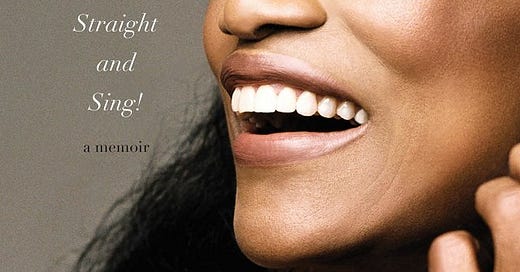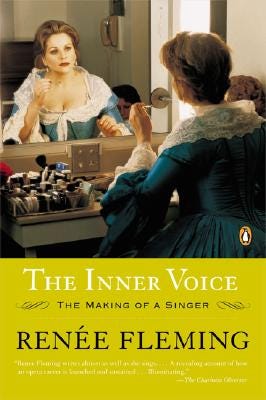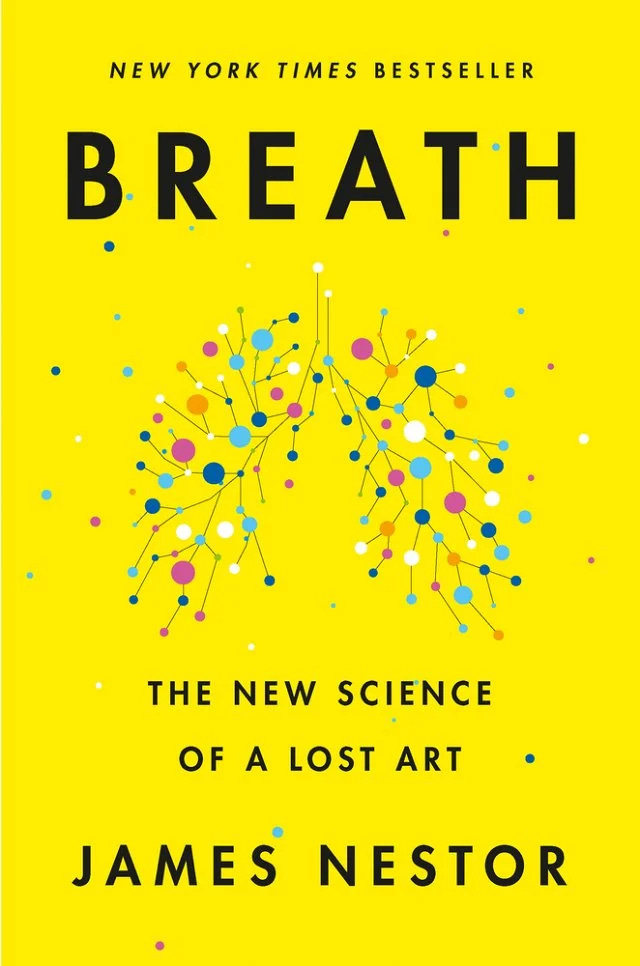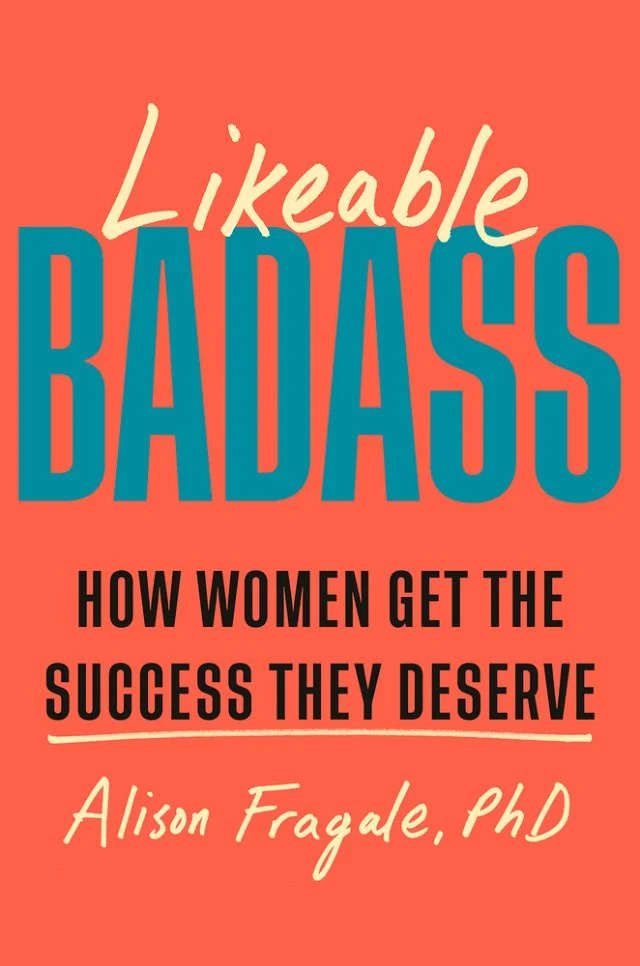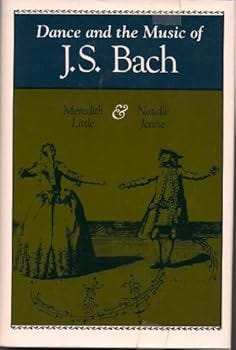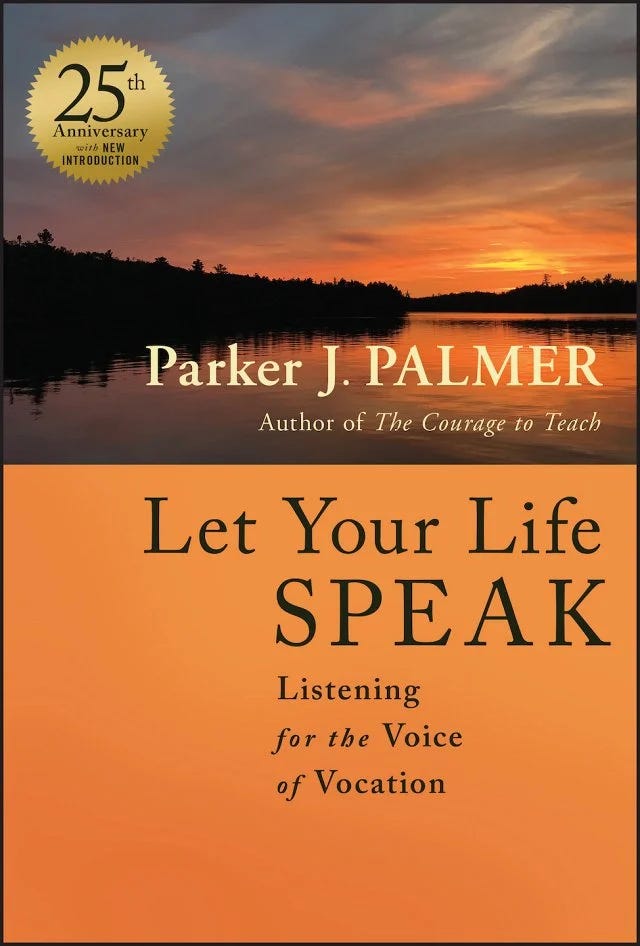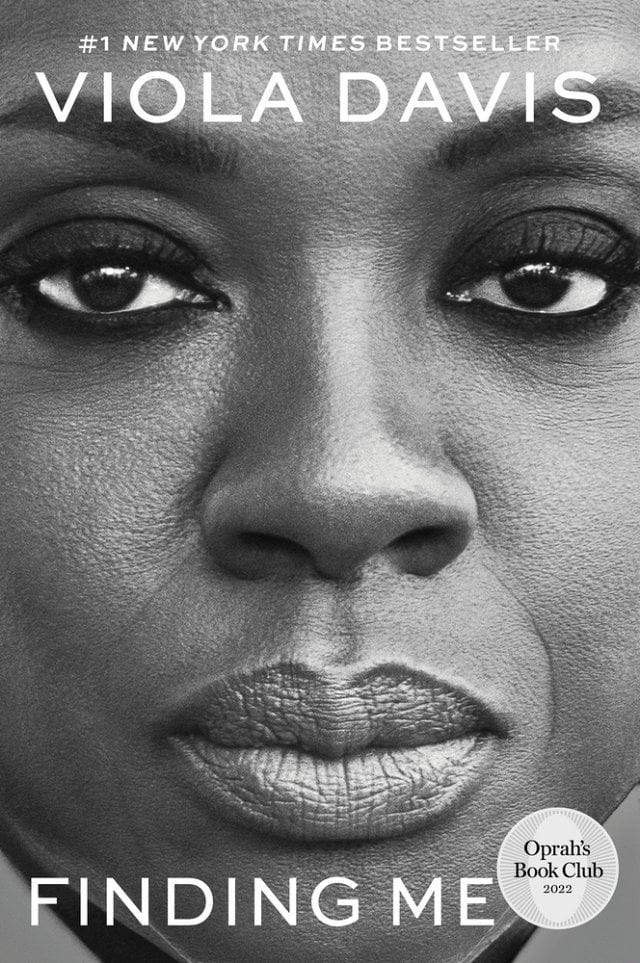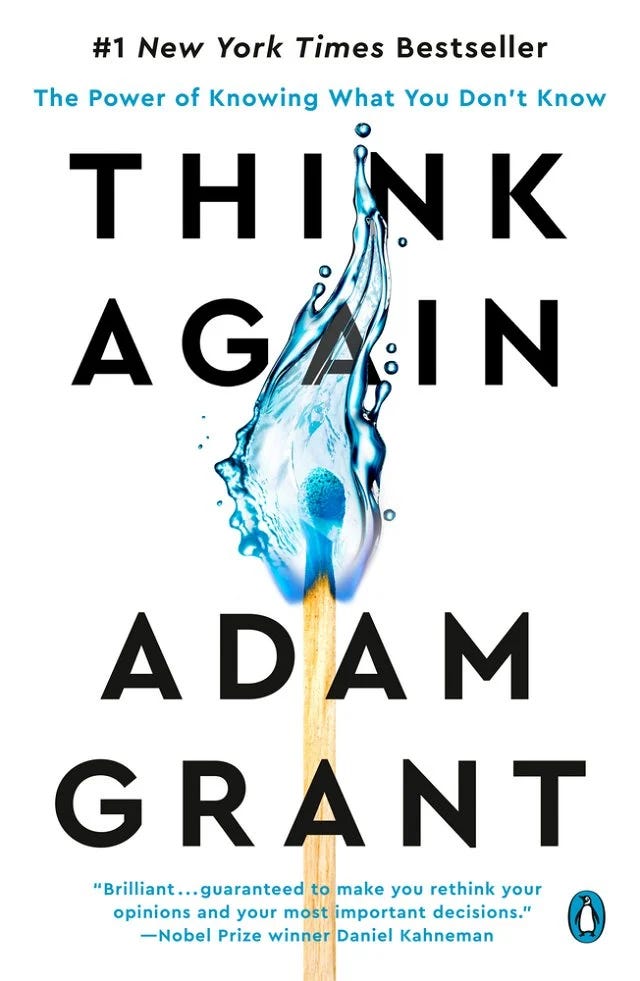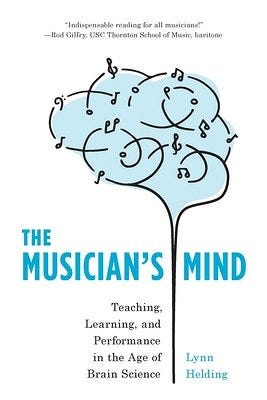10 Books To Level Up Your Music Career in 2025
Lessons on voice, confidence, and artistry from our favorite reads
Welcome back to The Diva Diaries Blog! This week we’re discussing 10 of our favorite reads that have significantly impacted our careers. Masterclasses, practicing, and voice lessons are all important parts of the journey, but we’ve discovered that books have allowed us to take unconventional paths to solving some nagging musician problems and “hack the system”. Plus, books are cheap!
Reading in general is a valuable pastime for both of us. On average, we read 70-100 books a year each (I’m aiming for 70 this year where Kaitlyn averages around 100.) While the majority of our books are fiction, (and we’re happy to give niche recommendations), we intentionally read books to challenge ourselves: improve our singing career, productivity, lifestyle, spiritual lives, mind, and more. As we progress in our music careers, we find that reading material outside of our field significantly impacts us as singers and as people who desire to learn and grow. Our first of a recurring series of book recommendations, in no particular order, reflects just a few of our reads over the last few years. Let us know which ones you’ve read and how they impact you!
Our Picks
The Inner Voice: The Making of a Singer by Renée Fleming
S: This book was gifted to me when I was in high school, but I finally read it in my early 30s. It was my first opera singer autobiography, and I loved learning about Renée Fleming’s singing journey. It’s easy to see a professional singer from afar and assume they have always been filled with confidence and unwavering skill, but The Inner Voice told a relatable story of self-doubt, loss of confidence, and struggle. It helped me put my own insecurities and struggles in perspective and see that they are not an anomaly, but rather a common part of the singer’s journey, regardless of professional level.
K: This is actually the first book Sarah and I read together, and in some ways, the very beginning of this blog. I had just recently left teaching, and was struggling with self-doubt and feeling a little lost. Her real talk about her late start to finding “her voice” and the struggles and sacrifices of mounting a performing career were surprisingly encouraging. Finally, I often reflect on her clarion call to everyone to find and cultivate their unique voice–we each have a special sound to share with the world, and it’s not something to be hidden or squandered.
Stand Up Straight and Sing! by Jessye Norman
Jessye Norman’s account of her professional career was both uplifting and eye-opening. She provided a realistic, no-nonsense story of pursuing a full-time performing career, but also demonstrated an approach to life and conflict with grace and dignity. Despite her many setbacks and barriers, she approached everything with kindness, respect, humility, and utter confidence. It challenged me to approach my roadblocks in a similar manner, and to practice holding the same joy in the gift of singing that she did.
When I think about Jessye Norman’s biography, I am struck by the indomitable strength and graciousness of her person. Throughout her career, she faced racism, sexism and a myriad of other trials with laserlike directness, and yet damaging either party’s humanity–something we could stand to have more of right now. In the practice room, Norman’s devotion to the text has stuck with me. Her biography has pushed me to devote more time to learning the Romantic languages and to keep refining phrasing in pieces until they “click”.
This book illuminated the way I think about breath and breathing. As singers, we spend a lot of time thinking about breath, but this book takes it beyond the practice room. In fact, he barely addresses breath as it relates to singing; James Nestor’s research covers overall lung and breath health. It was insightful to explore how the way we breathe impacts our day-to-day life, and how it changes our body and quality of life. This book has influenced my exercise more than anything. There’s not a day at the gym where I don’t think about breathing through my nose and the impact it will have on my exercise and heart health. This book can have its heady moments, but overall it’s very well written and an enjoyable read.
This was a quick read, and kept my attention to the last page. I had no idea that how I breathe could have such a profound impact on my health and well-being. Since reading this book, I’ve implemented a few of the techniques discussed in the book, and have noticed a significant shift in my breath control over long phrases. If you have a yoga or running/swimming practice already, this is a great companion.
Tiny Habits BJ Fogg and Atomic Habits-James Clear
I lump these two together because the approach is very similar. I recommend starting with Tiny Habits and building up to Atomic Habits. BJ Fogg lays the groundwork, detailing his concepts clearly with helpful graphics, and James Clear takes it a step further giving it more nuance. Their books were essential in helping me break down not only the way I create and set habits for myself, but the way I communicate practice expectations with my students. As someone who is single, owns a home, runs a micro-business, and performs, I need as much help as I can get while still maintaining a healthy balance in my life. These were great starter books to organize my thoughts and processes.
I haven’t read Atomic Habits yet, though it’s been sitting in my to-read queue for years. Tiny Habits was helpful both in my journey as a singer, and in my “day job” as an executive assistant. I appreciated how Fogg broke down the common hurdles in developing habits. Since reading this book, I’ve implemented the “5 minute practice rule” to achieve more consistent daily practice, as well as several habit stacks throughout my day so I have more time to spend on the important things (like practicing!). Excellent companions to this book include Deep Work by Cal Newport and Dopamine Nation by Anna Lembke.
Kaitlyn’s Picks
How to be a Likeable Bada**: How Women Get the Success they Deserve by Alison Fragale
This is written as a business book, but has deep implications for musicians, as well. As singers, we work in all sorts of power structures–with conductors, in auditions, with colleagues. Sometimes, it can be hard to ask for what you need or want. Your fee, a different tempo, staging that supports your technique…What if they don’t like me? What if they don’t hire me (again)? What if I come across as a DIVA? This book is about how to gain both power and standing, so you can negotiate better, receive credit for your accomplishments and navigate complex politics (office politics have nothing on the music world!), while still being well-liked. Best of all, this book includes practical real-like tasks you can do to strengthen these qualities.
Dance and the Music of J.S. Bach by Meredith Little and Natalie Jenne
Ok, this is super-niche, and actually written primarily from the perspective of instrumentalists, but this book is revolutionizing how I’m approaching the majority of my Baroque music. If you’re working on Bach, Vivaldi or Handel in the next few months, I would highly recommend this book! The insights on common rhythms, rhyme schemes + harmonic shifts, phrasing (based on primary source fingerings and bowings) has already significantly improved my sense of phrasing, text stress and flow throughout pieces. Additionally, even though I only have rudimentary experience with Baroque dance, being able to look at dance steps in conjunction with the music has improved my sense of motion through phrases, which has in turn improved my breath control and tone in pieces. I’m reading the original edition, but there’s also an expanded edition available here.
Let Your Life Speak: Listening for the Voice of Vocation by Parker J. Palmer
This book was incredibly helpful right after I left teaching. I was doing a lot of soul-searching, trying to discern what my “new life” would look like. I knew without a doubt, it was time to leave the classroom, and I knew I wanted to sing, but I didn’t have any more details. I also knew that I didn’t want to spend the next decade banging my head against a door that would never open. How would I know which way to go? While I still don’t have a lot of answers to the big questions, this book was a helpful guide in taking the first few steps. I’m sure I’ll come back to it every few years.
Sarah’s Picks
While this book isn’t music related, it is written by an artist who worked hard to succeed. Viola Davis’ story is gut-wrenching, powerful, and insightful into the journey of artistry. This book, along with Paris Hilton’s memoir, made me cry more than any other book I’ve read. Both required long, aimless drives through mountains where I could lose myself in the story and the road. I learned so much from her story of grit, and found myself deeply humbled. Overall, this book gave me a beautiful perspective on the blessings in my life and what it looks like to actually pursue your ideal life.
I’ll happily read anything Adam Grant writes. He approaches topics with curiosity and is willing to change his mind and challenge the status quo. While he has written many books, this is the one that has stuck with me so far. It’s a read I could dive back into repeatedly and continue to feel challenged. It helped me pause and consider why I react and believe the things I do, and whether or not I actually still hold those beliefs. Grant is a story-teller who turns something potentially boring into something tangible, interesting, and easy to understand. He weaves stories and anecdotes throughout his book that keep the topic relatable and powerful. If you’re not ready to tackle a full book, check out his Substack and/or social media pages. His posts always leave you with something new to consider.
The Musicians Mind by Lynn Helding
This was one of the books Kaitlyn and I read together, and it took much longer than most of our other reads. Mentally, it was hefty, but it inspired deep thought and work in both my singing and teaching careers. I love psychology and the science of how we learn (hence the Master’s in Pedagogy,) so I absolutely loved and felt challenged by this book. I recommend taking your time with this one to fully absorb everything Helding discusses. While I could occasionally feel a bias coming through from the author, and the organization sometimes left me confused, the content was like drinking from a firehose. There is so much to consider about how our brain works when teaching, learning, and performing.
These are not affiliate links or paid reviews. We encourage you to purchase these titles from your local bookshops, second-hand stores or through Bookshop, which supports local bookshops across the USA.
What should we read next? Is there a book that has had an impact on your performance? Share your favorite titles in the comments!
Xoxo,
Kaitlyn + Sarah

